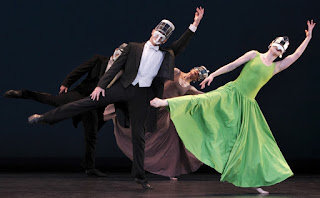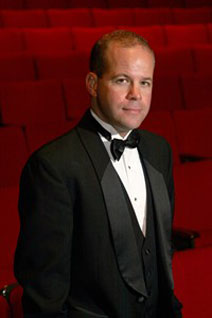IndyBaroque's indebtedness to a prolific composer expressed in "Love Letter to Telemann"

Years ago, when the late Charles Rosen visited DePauw University, I raised a question about Georg Philipp Telemann during the Q-and-A session following his talk. Polymath though he was, Rosen gave a somewhat dismissive answer. Either he didn't have much to say about Telemann or he figured I was a Telemann fan seeking for an expert endorsement that would raise him to J.S. Bach status. The Indianapolis Baroque Orchestra showed its love for Telemann. As harpsichordist Thomas Gerber's program note for Monday night's Indianapolis Baroque Orchestra concert at the University of Indianapolis indicated, posthumously Telemann has had to struggle for respect since the Bach revival initiated by Felix Mendelssohn nearly 200 years ago raised the profile of both composers. Martin Ruhnke's 1980 Grove Dictionary article takes up the cudgels expansively, righting its taciturn 1954 predecessor. Few would claim Telemann the equal of Bach, but there's no reason why the latter










